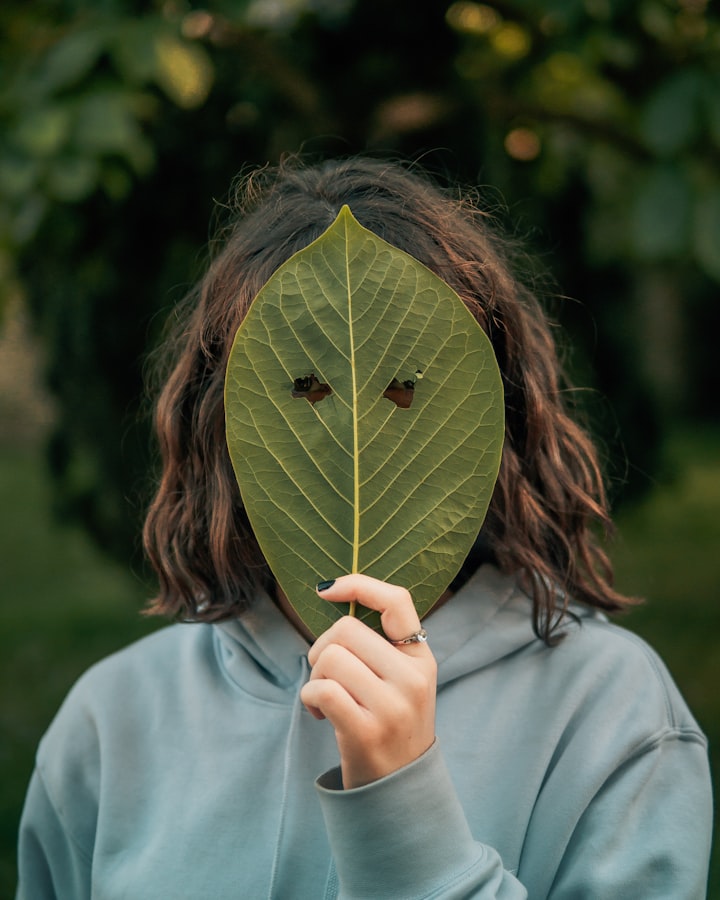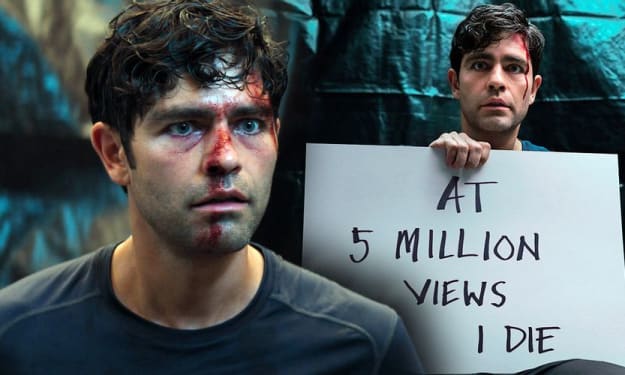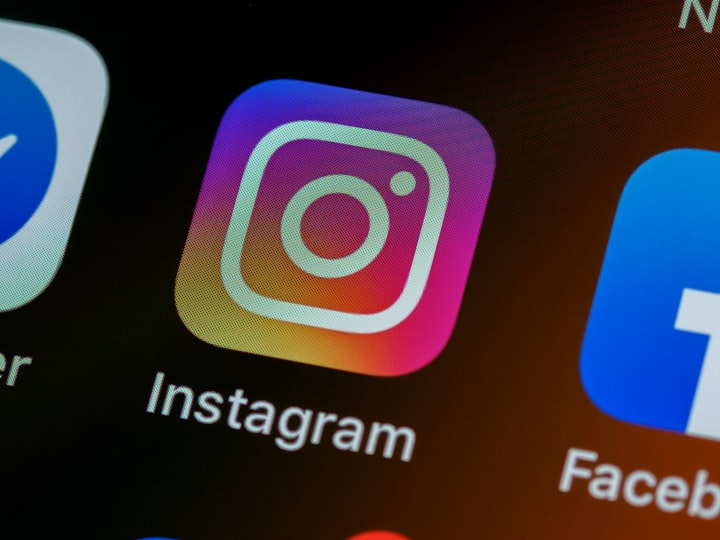
Invisible Minority
Kylie Dickinson
“No offense, but it’s usually the Asian people who steal clothing.”
It was a normal and completely average day at work. I was standing beside my co-workers, enjoying a much needed break from the chaos. Everything was fine, until that small comment slipped out of co-worker’s mouth. The drink in my hand froze inches before my lips. I think I might have stopped breathing. But the conversation carried on normally, even though an entirely racist moment had just occurred. I looked around the circle of my peers and no one was looking at me strange, no one was looking uncomfortable or concerned. No one had even noticed my transformation in attitude. I could not, for the life of me, understand why no one had asked if I was okay or had apologized. Then, like a slap to the face , it hit me once again: I don’t look the way I am supposed to.
I am blonde, with bright and round green eyes and a curvy body. If you were to take a look at me, you would immediately assume that Caucasian was the only ethnicity on my plate. I can often only relate the way I look, versus how I feel, to the image of an egg:
Yellow on the inside, white on the outside.
I am a quarter Japanese and look nothing like I should. I have no Asian features whatsoever. When people look at me, they do not see an Asian, only a white girl. But that is not how I feel. My mother was biologically born half Japanese but was adopted into a full Japanese family. All of my relatives on my mother’s side, including my own grandparents, are full Japanese. When I’m not looking into a mirror, I can feel my Asian heritage as clearly as someone would look at their own hand and know each finger and each mark. I always remember I am Japanese and have always related to my culture. I guess that is why I never quite understand why people are able to look directly at me and still spit out racist remarks. I have had the unique, and unfortunate, opportunity to be shielded from racism against my own culture, as the words are never directed at me. They are not directed at me because no one sees me as Asian.
I am an invisible minority. I am always in constant battle with myself. There are two options I have every time I experience racism: I can either identify myself as Japanese or I can remain silent. But each time I remain silent, I feel a piece of myself chip away. I know that I’ve let someone feel justified in their stereotyping and I’ve indirectly supported their racial comment by staying quiet. However, when I do stand up for myself, and the culture that is so precious to me, something happens; the person immediately turns to the defensive and they become angry… at me. It as if I betrayed them by acknowledging that their racist slur was being directed towards the victim of their racism. To them, I had manipulated them into disclosing a racist remark that they felt had been shared, safely, between two white people. If I am silent, I remain one of “them”. If I am loud, I’ve betrayed “them” and I become the “other”. By not looking how I am meant to, I have had years of dealing with racism indirectly. Comments are made to me, but not towards me. And a lot of the time, it hurts even more. The comments come from people I know and care for, friends and co-workers; and it hurts because they’ve casually made these comments to me and ignorantly, they’ve offended a huge part of what makes up my identity and who I am.
It hurts because they say these awful things without evening comprehending their racism, simply assuming that they aren’t effecting anyone they’re speaking to.
Being invisible has given me the advantage of never being discriminated for my race. It has allowed me to walk through life and to be accepted at first glance. I have never faced hate crimes, racist attitudes towards my appearance or experienced persecution based on the colour of my skin or the shape of my eyes. But being concealed has also shown me the truly ugly and dark side of people. It has shown me versions of friends I hadn’t known. It has shown me just how much racism has not “lessened” or “vanished”. How false it is when they say that racism just doesn’t “happen anymore.” Racism hasn’t disappeared; it has just become more covert. It has shown me how much my grandparents, my family, and my culture are still shunned and looked down upon. They may not be comments directed at me, but they hit me just as hard.
So, I leave with this: The next time you think about making a racist remark, consider who is in the room with you. You never know who you are really looking at.
About the Creator
Kylie Scarlett
Words are the closest thing we have to magic, with the power to both heal and hurt.






Comments
There are no comments for this story
Be the first to respond and start the conversation.